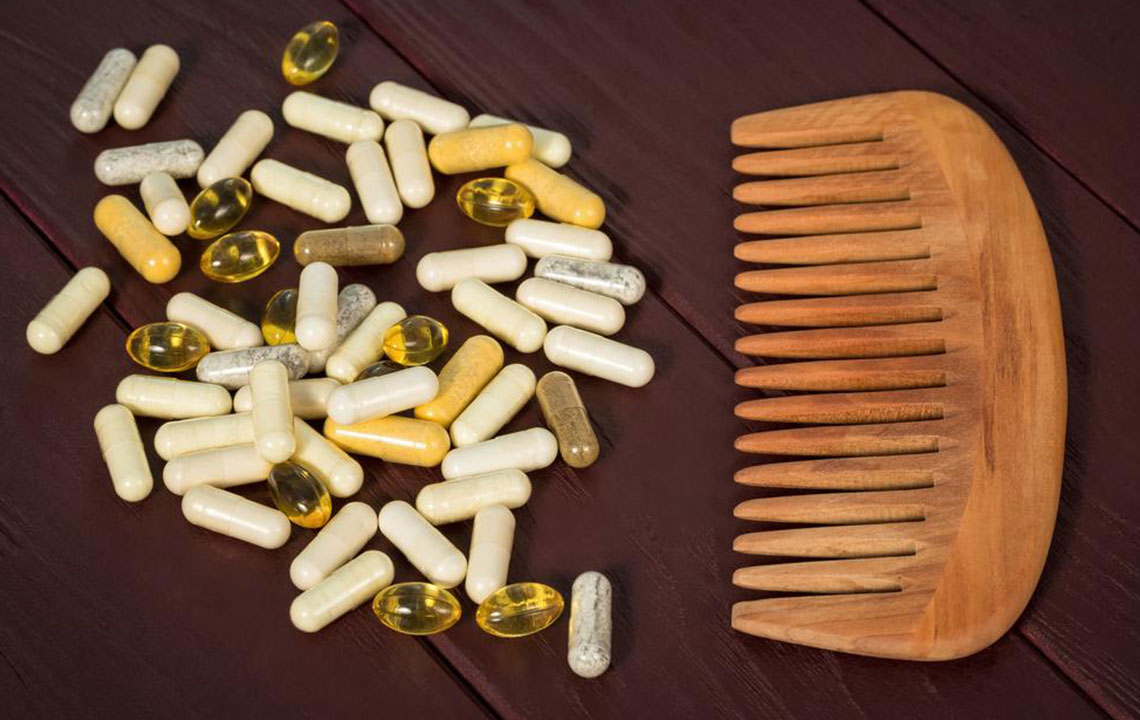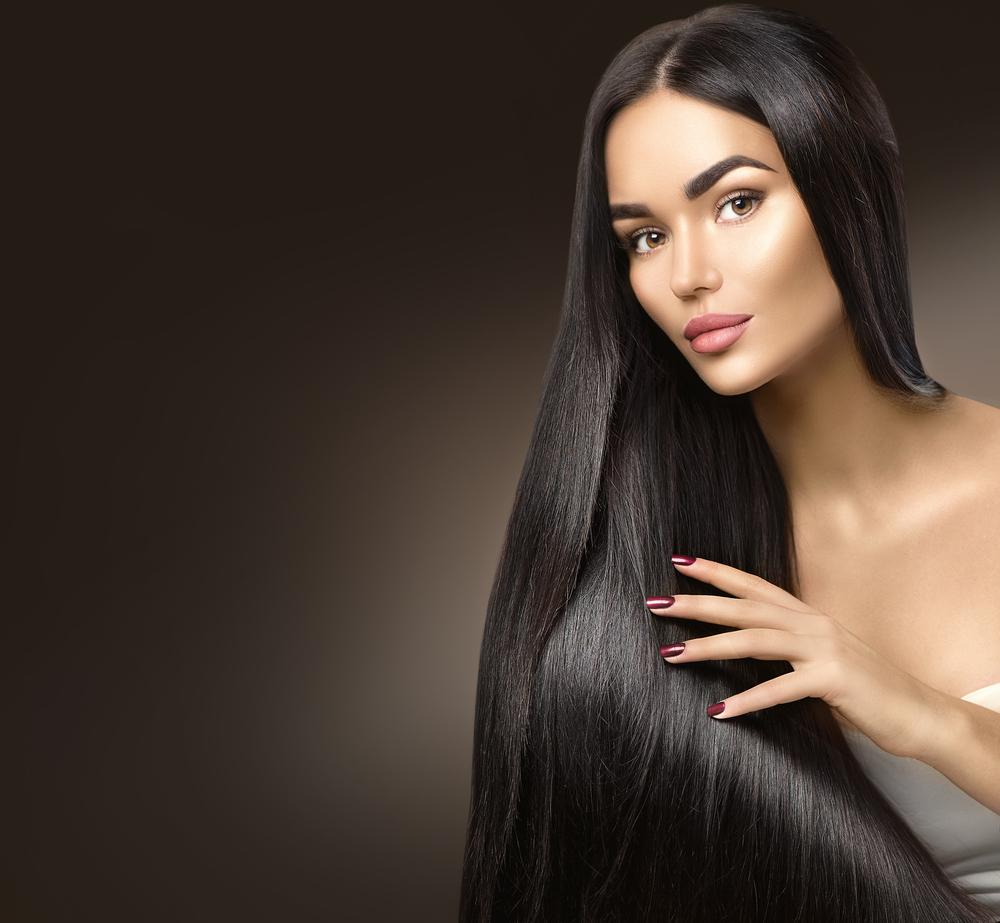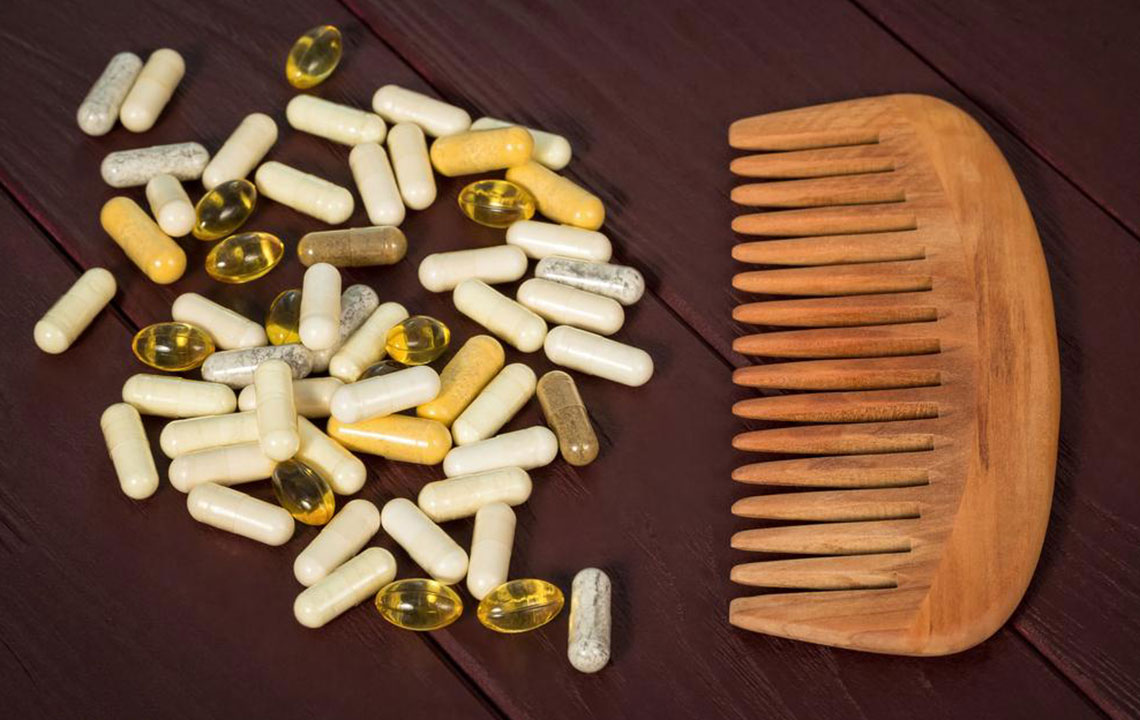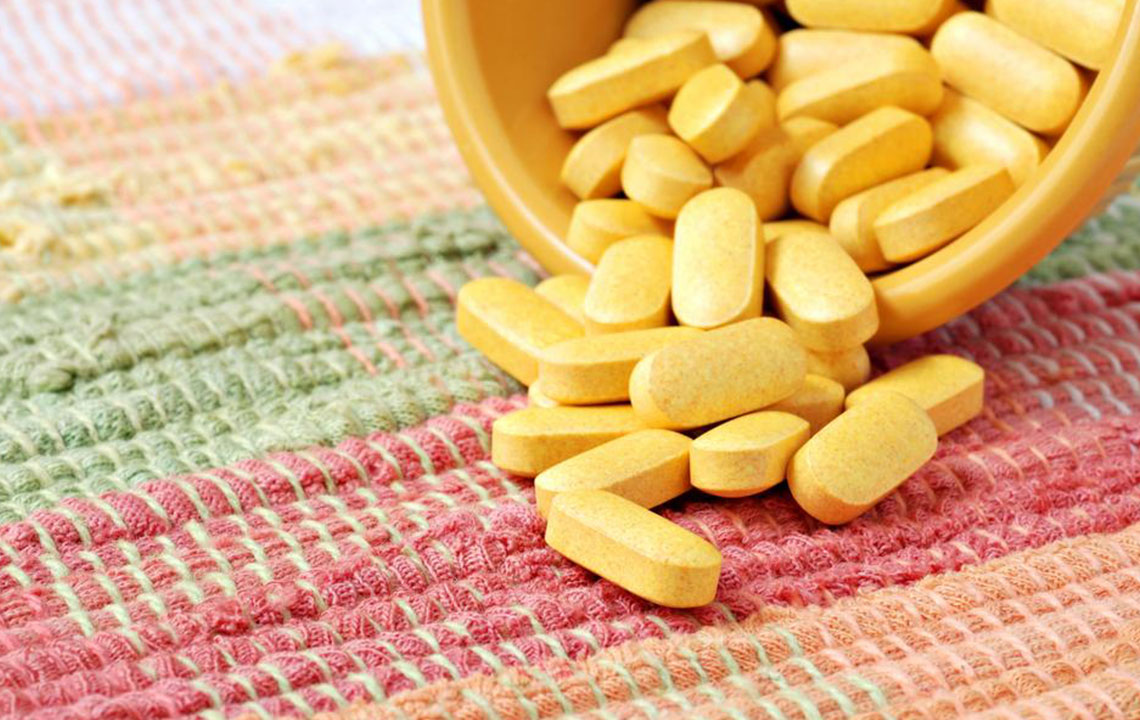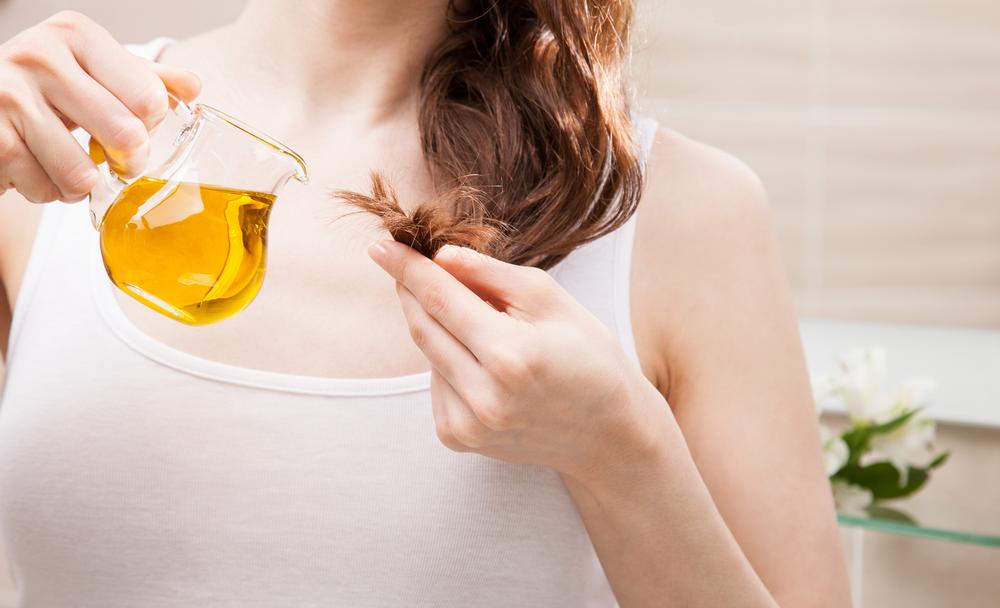Essential Nutritional Foods to Stimulate and Support Healthy Hair Growth
Discover the top 7 nutritional foods that promote healthy hair growth. This comprehensive guide highlights essential vitamins and minerals like biotin, iron, omega-3 fatty acids, vitamins A, E, and C, and zinc, which are vital for strengthening hair follicles, stimulating growth, and maintaining scalp health. Incorporate nutrient-rich foods such as eggs, dark leafy greens, fatty fish, carrots, avocados, berries, and oysters to enjoy thicker, shinier hair. Combining these dietary tips with good hair care practices can significantly improve your hair's vitality and overall health.
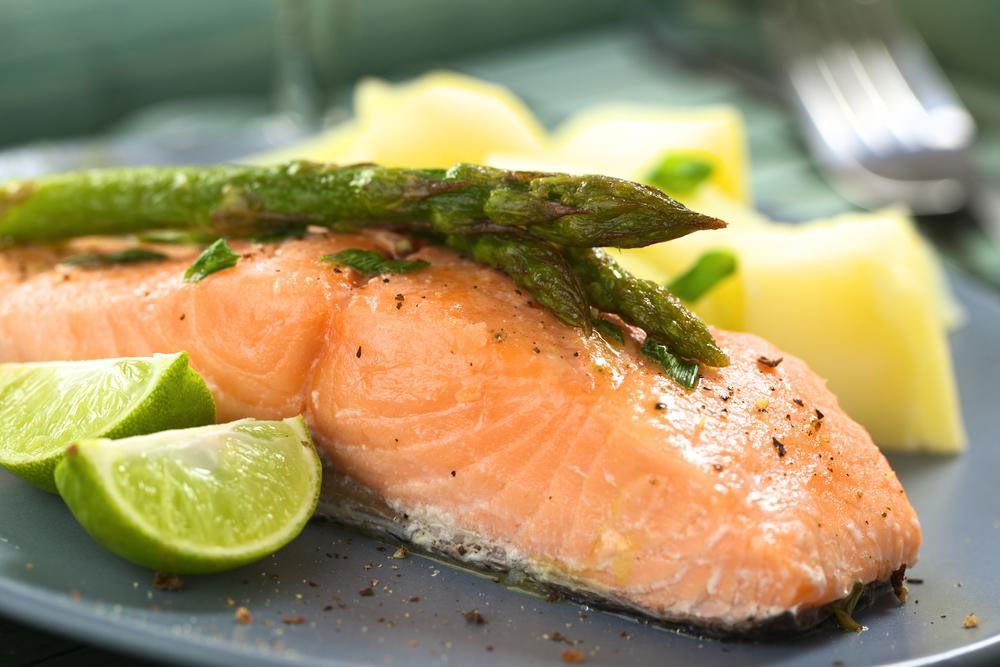
Essential Nutritional Foods to Stimulate and Support Healthy Hair Growth
Hair loss and thinning affect a significant portion of the population worldwide, influenced by a combination of genetic, environmental, and lifestyle factors. While genetics often play a major role, dietary choices and overall nutrition are critical factors that can profoundly influence hair health. By understanding which foods contribute vital nutrients to hair follicles and scalp, individuals can adopt nutritional strategies to improve hair density, strength, and shine. A balanced diet rich in specific vitamins and minerals not only supports hair growth but also reflects overall health and vitality. This comprehensive guide explores the top dietary choices that help promote robust, healthy hair, offering practical tips for incorporating these foods into your everyday meals.
Eggs: The Protein Powerhouse for Hair Strength
Eggs are an excellent source of high-quality protein, which forms the primary building block of hair strands. They are also rich in biotin, a B-vitamin crucial for keratin synthesis. Biotin deficiency has been widely associated with hair thinning and loss. Including eggs regularly in your diet can provide essential amino acids necessary for hair follicle renewal and strength. Besides protein and biotin, eggs contain other nutrients like zinc and selenium, which contribute to scalp health. Consuming eggs in various forms—boiled, scrambled, or in salads—can help ensure your body gets a steady supply of these vital nutrients to support optimal hair growth.
Protein and biotin are indispensable for maintaining healthy hair follicles. These nutrients encourage keratin production, resulting in stronger and thicker hair strands. Proper protein intake also supports cellular repair in hair tissues, reducing breakage and brittleness. It’s advisable to include eggs as part of a balanced diet, especially if experiencing hair thinning or damage from environmental exposure or styling practices.
Dark Leafy Greens: Iron-Rich Vegetables for Optimal Hair Growth
Vegetables like spinach, kale, and Swiss chard are incredibly rich in iron, a mineral vital for transporting oxygen to the hair follicles. Iron deficiency—known as anemia—is a common cause of hair shedding, particularly in women. Besides iron, dark leafy greens also contain vitamins A, C, and antioxidants which promote scalp health and stimulate hair growth. While red meats are another excellent source of iron, it's recommended to consume greens in moderation to maintain heart health, as excessive red meat intake can lead to cardiovascular issues. Incorporating a variety of greens into salads, smoothies, or sautés can boost iron levels and support healthier hair growth from the inside out.
Fatty Fish: Omega-3s for Nourished Scalp and Healthy Hair
Oily fish such as salmon, mackerel, sardines, and trout are packed with omega-3 fatty acids, which are essential fats the body cannot produce on its own. These healthy fats nourish the scalp's tissues, support natural oil (sebum) production, and prevent scalp dryness and flakiness. Maintaining a healthy scalp environment is crucial for hair follicles to produce strong, shiny strands. In addition to fish, plant-based sources like walnuts, chia seeds, flaxseeds, and green beans offer omega-3s. Incorporating these into your diet can provide essential nutrients that support hair density and overall scalp health, improving both growth rates and appearance.
Carrots: Vitamin A for Healthy Cell Growth and Scalp Maintenance
Carrots are loaded with beta-carotene, which the body converts into vitamin A. Vitamin A plays a vital role in cell growth, tissue development, and sebum production—an oily substance that keeps the scalp moisturized and prevents dryness. Adequate sebum production creates a healthy environment for hair follicles, reducing the risk of dry scalp and dandruff. Drinking fresh carrot juice or adding carrots to smoothies and salads ensures you receive ample vitamin A benefits. However, excessive vitamin A intake should be avoided as it can lead to hair loss and other health issues. Moderation and balanced consumption are key to benefiting from this nutrient for optimal hair health.
Avocados: Vitamin E for Improved Circulation and Follicle Health
Rich in vitamin E, avocados are excellent for enhancing scalp circulation, which is critical for delivering nutrients to hair follicles. Vitamin E acts as an antioxidant, protecting hair cells from oxidative stress caused by free radicals, thus supporting healthier hair growth and preventing premature hair aging. Avocados also contain healthy monounsaturated fats that nourish the scalp and improve hair elasticity. Incorporating sliced avocados into meals or using them in smoothies can boost your intake of these beneficial fats. Regular consumption can lead to shinier, more resilient hair while also offering cardiovascular health benefits.
Berries: The Powerhouse of Vitamin C and Antioxidants
Berries such as strawberries, blueberries, raspberries, and blackberries are rich in vitamin C, which is essential for collagen production. Collagen strengthens hair strands from within, reducing breakage and promoting elasticity. Additionally, vitamin C's antioxidant properties combat free radical damage caused by pollution and UV radiation. Berries also enhance iron absorption from plant-based sources, making them a valuable addition to a hair-healthy diet. Including berries in smoothies, yogurt, or salads will help strengthen hair follicles, resulting in thicker, shinier hair and improved scalp health.
Oysters: Zinc-Rich Food for Cell Repair and Hair Growth
Oysters are one of the highest natural sources of zinc, a mineral that's crucial for cell division, tissue growth, and repair. Zinc deficiency has been linked to hair loss and scalp problems such as dandruff. Zinc helps maintain the function of oil glands around hair follicles, preventing dryness and inflammation. While oysters are an excellent source, zinc supplements may be considered if oysters are unavailable or if dietary intake is insufficient. It is important, however, to consume zinc in moderation, as excessive intake can lead to adverse effects including suppressed immune function and copper deficiency.
In summary, nourishing your hair from within requires a well-rounded diet that emphasizes the inclusion of proteins, vitamins, minerals, and healthy fats. Emphasizing foods such as eggs, dark leafy greens, fatty fish, carrots, avocados, berries, and oysters can provide the nutrients necessary to strengthen hair follicles, stimulate growth, and improve overall hair quality. Alongside a balanced diet, maintaining good hair care routines, managing stress, and avoiding damaging styling practices further enhances hair health. Adopting these dietary strategies can result in visibly healthier, thicker, and more vibrant hair, boosting confidence and overall wellness.
